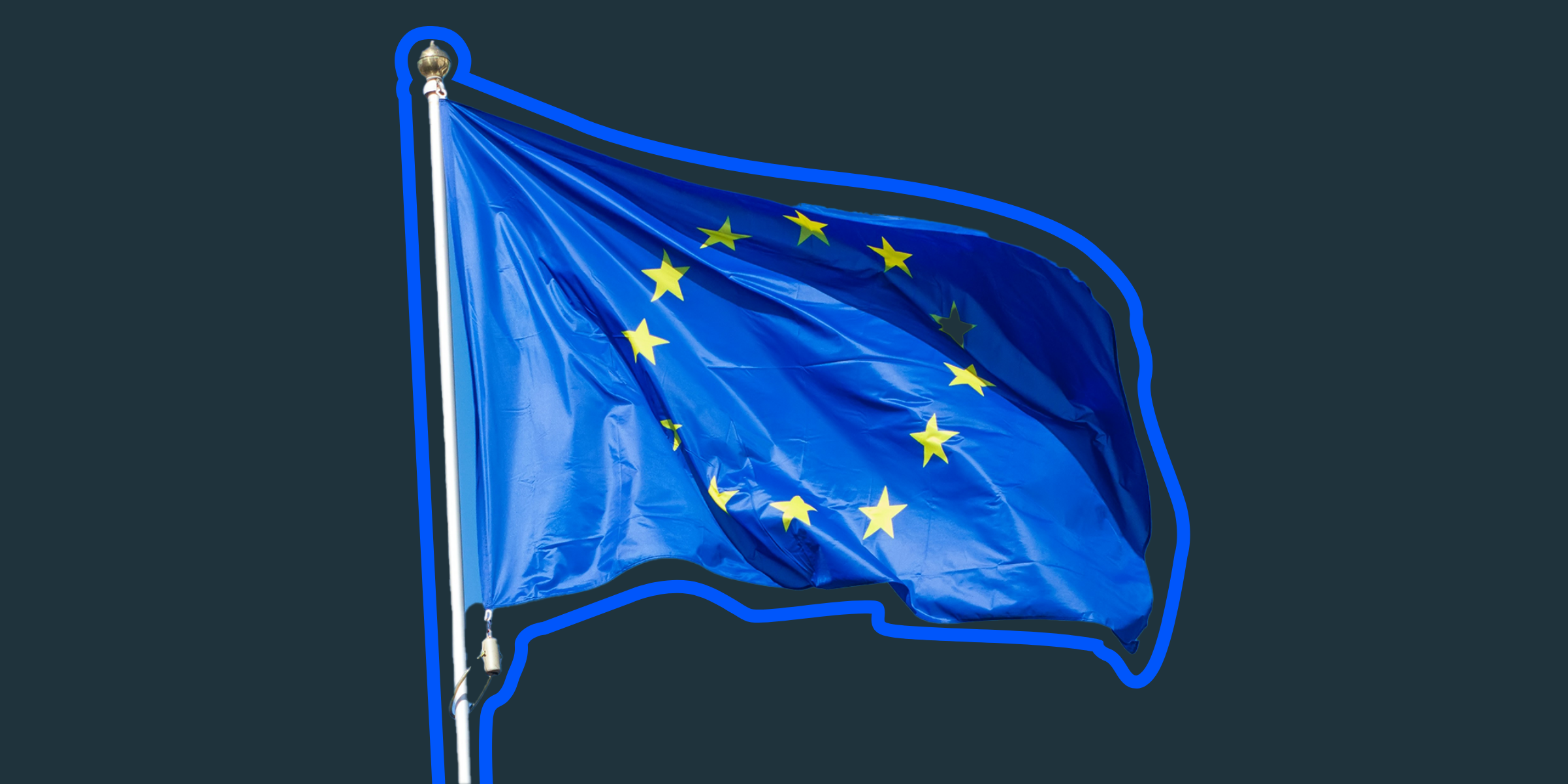In today’s globalized business environment, conducting thorough due diligence is paramount for companies seeking to invest or operate in foreign markets. While the European Union (EU) and the United Kingdom (UK) offer lucrative opportunities, both present a particularly challenging landscape for due diligence processes.
This complexity stems from three primary factors: an intricate legal framework, stringent privacy regulations, and significant linguistic diversity. Each of these complicates the due diligence process, raising the stakes for firms investing in Europe.
EU Due Diligence: General Background
Thorough EU due diligence is critical to compliance with AML, CTA, KYC, and emerging U.S. Treasury regulations. Further, reputational due diligence tools bolster institutions against reputational damage, a serious emerging risk when investing internationally.
Given the challenges posed by privacy laws and cultural factors, investigators in the EU often rely heavily on official records, like business registries. These sources are generally more reliable than third-party data aggregators, which may not always adhere to the same standards of accuracy or legitimacy.
Many EU countries publish detailed business information such as tax ID numbers, marital status, and company financial details in government gazettes. While such transparency is conducive to due diligence, it also highlights a paradox within the EU’s approach to data privacy: Personal data is heavily protected, but business information is often readily accessible.
In practice, it’s easier to conduct due diligence on businesses and entities rather than individual subjects. For example, EU privacy laws make citizens’ college graduation information more difficult to access, which might seem unthinkable to Americans.
As a result of this and other factors, the EU’s highly varying ESG and information privacy laws aggravate the due diligence process, creating an information gap that’s difficult to breach. According to a BCG Report, absence of reliable data is the greatest challenge to due diligence in the UK and EU.
This blog post provides a Vcheck investigator’s perspective on the due diligence-related challenges posed by the EU’s regulatory and business specifics.
1. Language Barriers
The EU is home to 24 official languages, and over 60+ minority languages. While many professionals in the region are multilingual, difficult legal and business terminology poses additional challenges. During the due diligence process, accurate translation is crucial, as legal terms and business practices can vary widely between languages, leading to serious misinterpretations if not handled correctly.
Additionally, linguistic differences can make it more challenging to conduct discreet source interviews, in which specific cultural and linguistic understanding is vital to obtaining accurate information.
Smaller firms or those without in-house native speakers may need to outsource translation and interpretation services, which can introduce risks of miscommunication or delays in the due diligence process. Firms like Vcheck, however, with extensive international capabilities and 20+ languages in-house, leverage our investigator’s native familiarity with a region to more accurately pinpoint risk.
2. Strict Privacy Laws & Regulation
Stringent privacy laws complicate the due diligence process but vary slightly by country and region. The General Data Protection Regulation (GDPR) is the most well-known of these regulations, enforcing strict rules on how firms can collect, process, and store personal data. In reaction to our increasingly technological business landscape, the EU recognized a need to protect its citizens’ data. The GDPR, enacted in 2018, represents the strictest data privacy and protection law worldwide.
Legislation like this poses a significant barrier to due diligence, as it limits types of personal information that would be readily available in other jurisdictions, including the U.S. The absence of reliable data, specifically at the individual level, is the UK’s most significant due diligence challenge.
EU countries and the UK don’t have a specific non-government data provider, raising the stakes for information access. Investigators in the UK face difficulty finding information that isn’t government provided; accessing credit scores and criminal records is particularly challenging due to regulatory privacy restrictions.
As a result, investigators conducting due diligence rely on alternative methods, such as local internet searches and government publications, which may not provide complete or timely information.
Worse for firms without international due diligence capabilities, many of these tools are highly specialized, and require experience or expertise to use; inexperienced investigators and researchers may be unaware or unable to access these tools.
3. Varied Legal Frameworks
Another challenge in the EU is the variation in legal frameworks and accessibility of public records across different member states. While the EU generally strives for unity, each country within the union operates under its own laws and regulations. Such diversity creates significant disparities in how easily information can be obtained.
For example, Spain offers a unified litigation portal that provides access to court records from all levels of the judicial system, making it relatively easy to obtain legal information.
In contrast, Portugal’s older, more fragmented legal database makes accessing similar information much more difficult. The situation is further complicated in countries like Greece, where outdated legal infrastructures can significantly hinder the due diligence process.
Firms without native investigators may be unaware of such differences, causing poor research scope and inadequate due diligence.
Worse, according to recent EU-published data, nearly 150,000 EU businesses operate multi-nationally, with locations in highly varying jurisdictions that further complicate the due diligence process. When doing business in such an interconnected, regulatory-diverse region, working with an international due diligence firm is critical.
The Importance of International Due Diligence Capabilities in the EU
While the complexities of EU due diligence are significant, seasoned investigative firms like Vcheck leverage specialized tools and insight to conduct thorough due diligence across the European landscape:
- Country-specific expertise: We offer over 20+ languages in-house, and each of our investigators is a native expert in each jurisdiction we offer, enhancing confidence and context in our investigations.
- Jurisdiction guides: Vcheck’s investigators detail local legal frameworks, business practices, and cultural nuances approaches, methods, and sources in jurisdiction guides, signifying our commitment to consistent results.
- Discreet-interviews and HUMINT: Vcheck uses an extensive network of multilingual investigators and industry experts to go beyond the paper trail, coloring investigations with context and human intelligence. Touchpoints with industry experts expand our scope and help us pinpoint red flags
Vcheck’s strategy expands our research scope and ensures culturally conscious, compliant due diligence. We go beyond traditional research methods, offering clients’ context and insights critical for informed decision-making in the European market.
We offer firms extensive international due diligence capabilities that accurately and effectively pinpoint, contextualize, and mitigate risk. Contact us for more information about how we protect your firm’s international investments.

